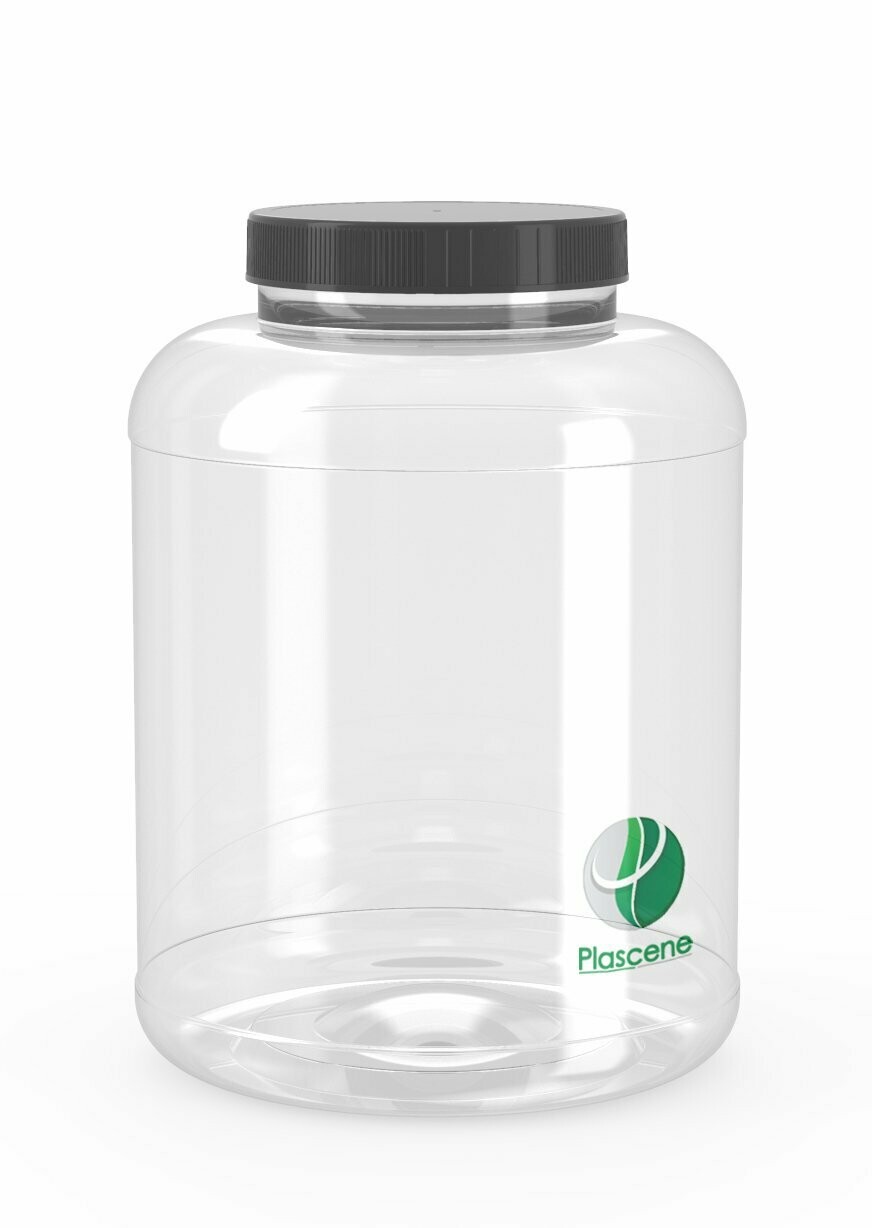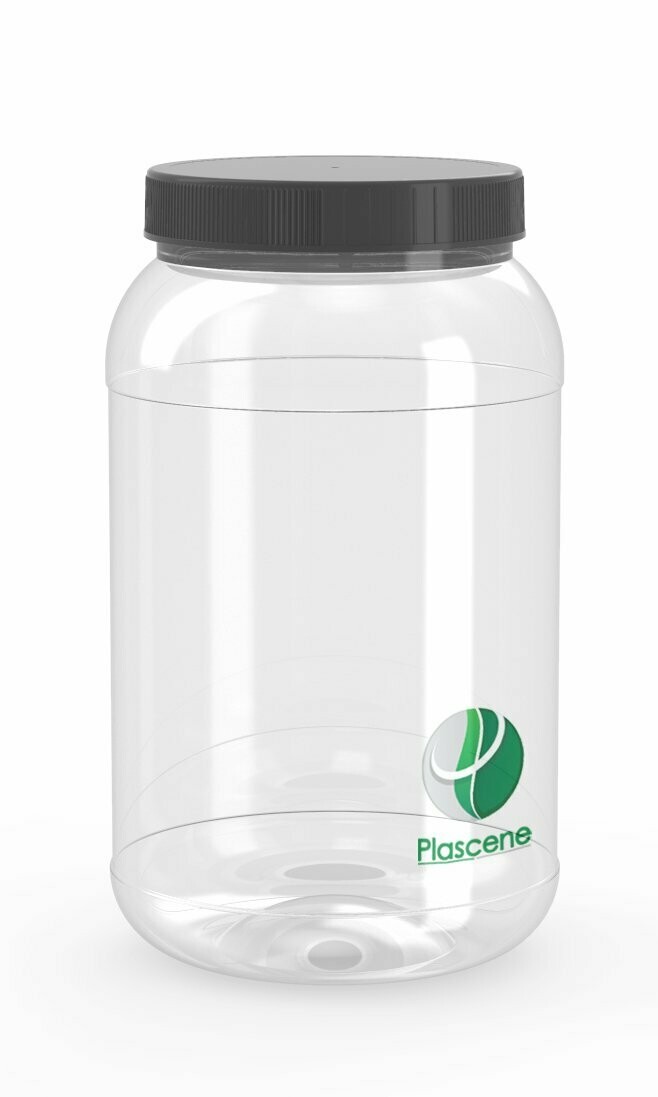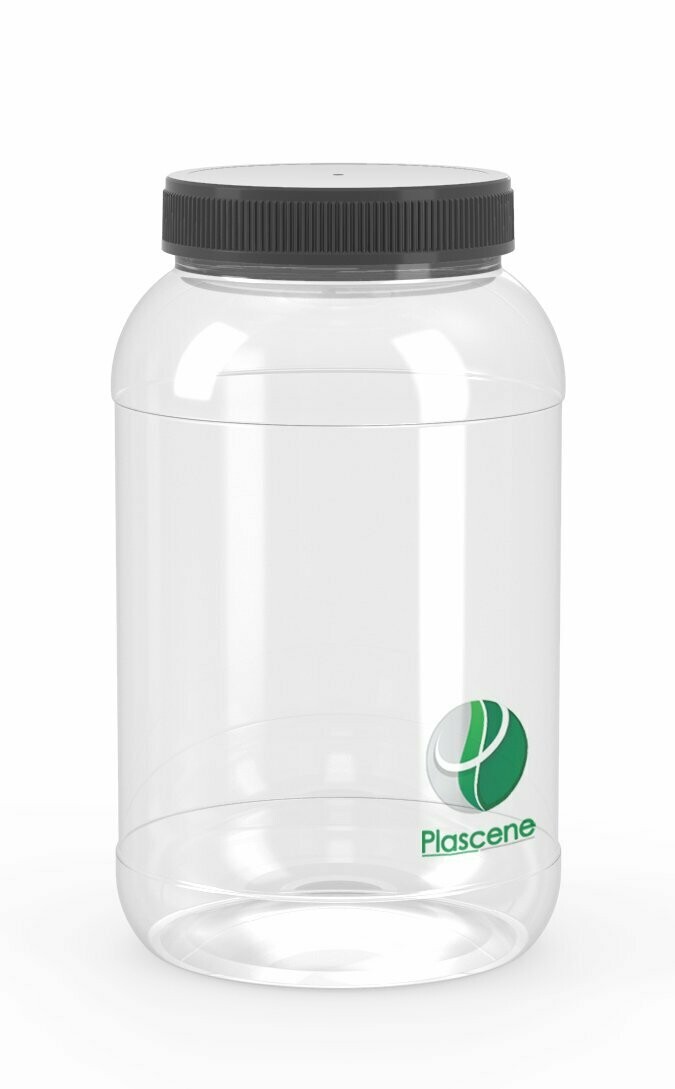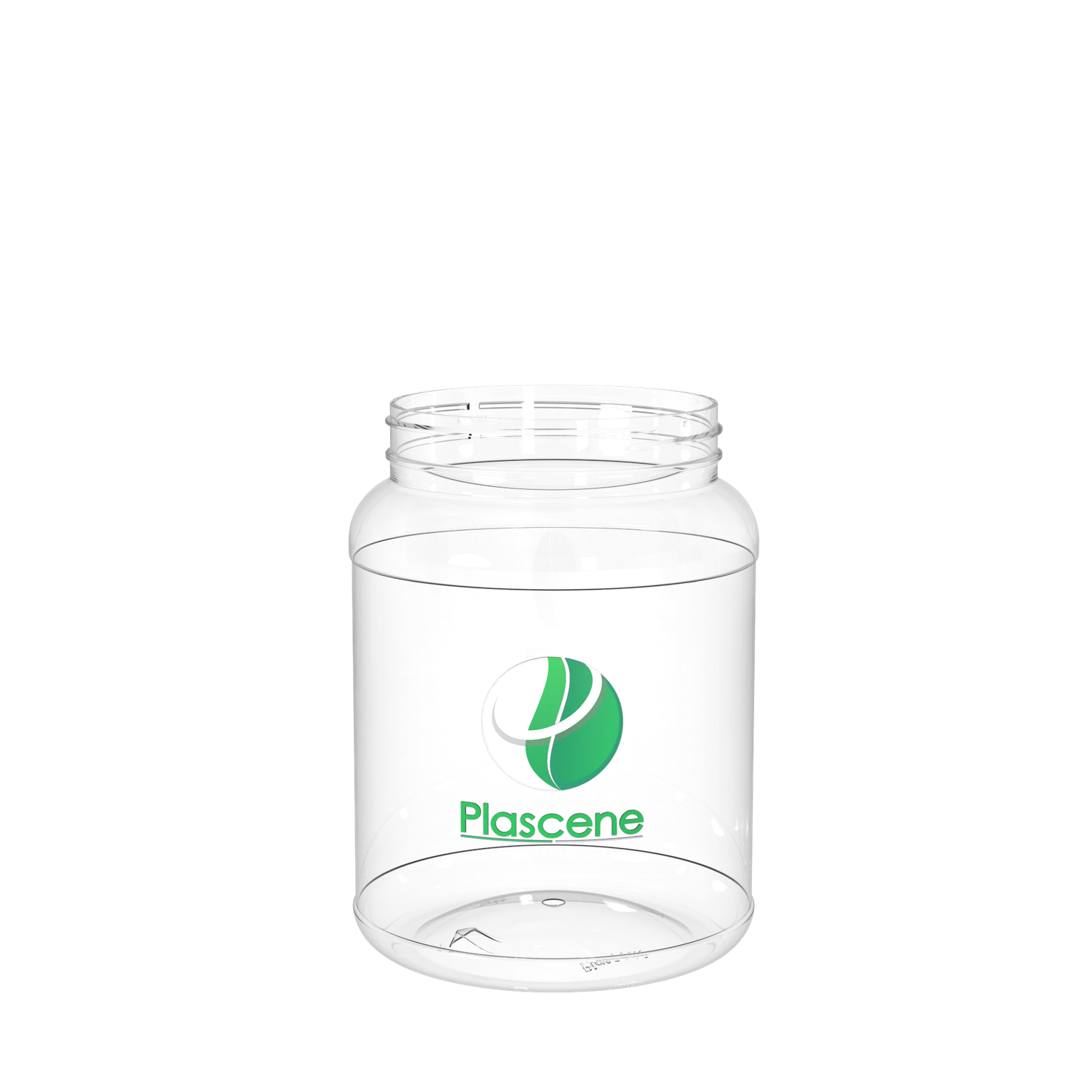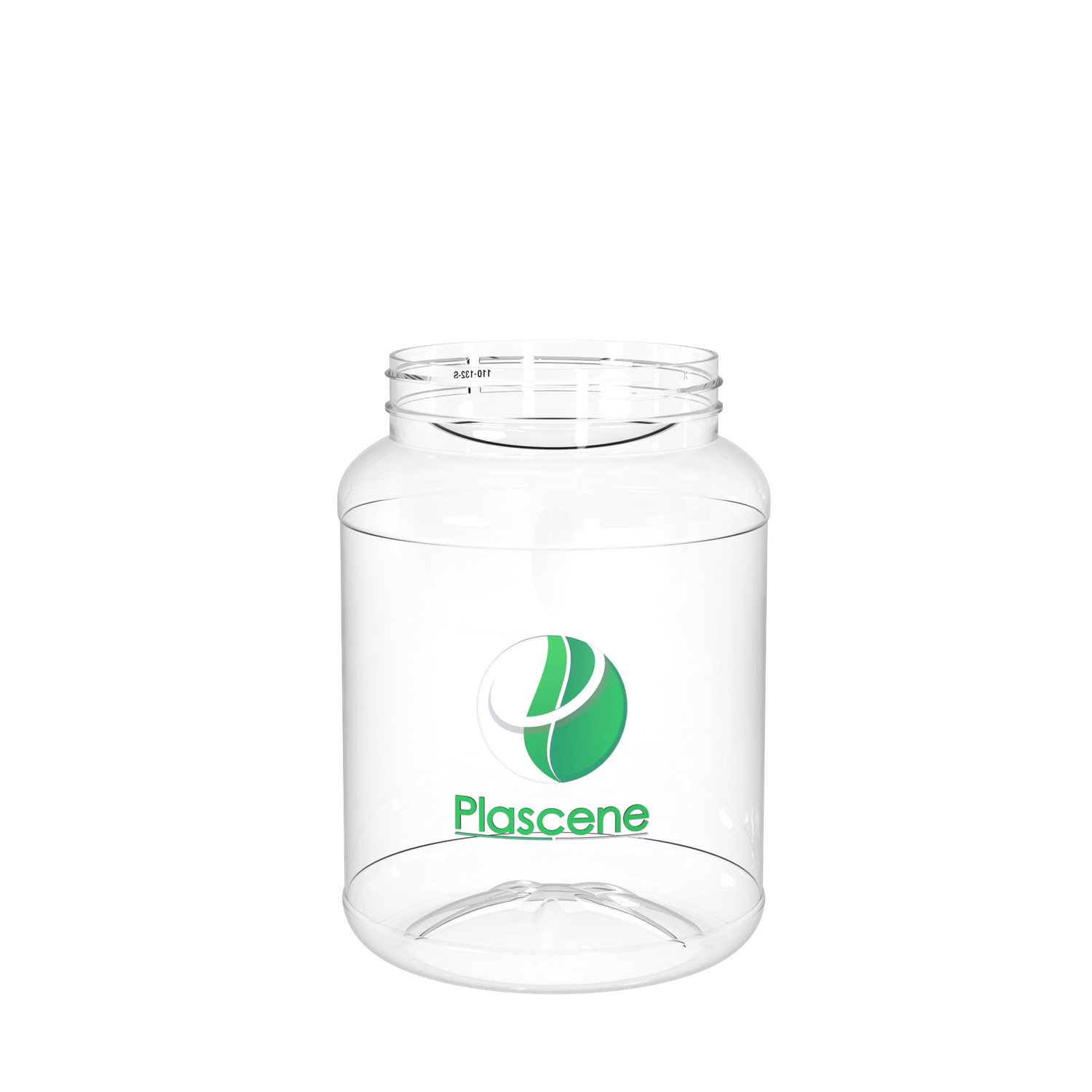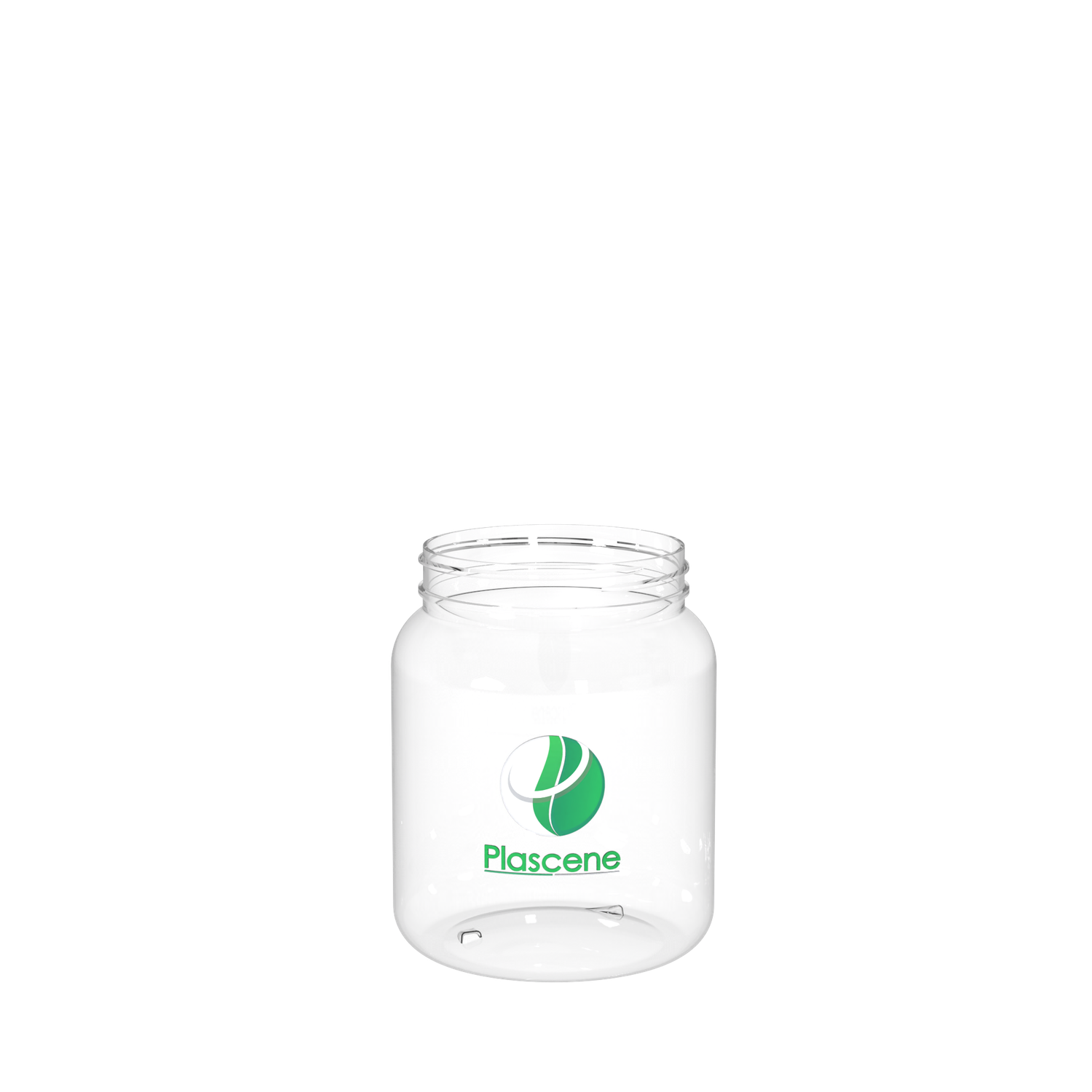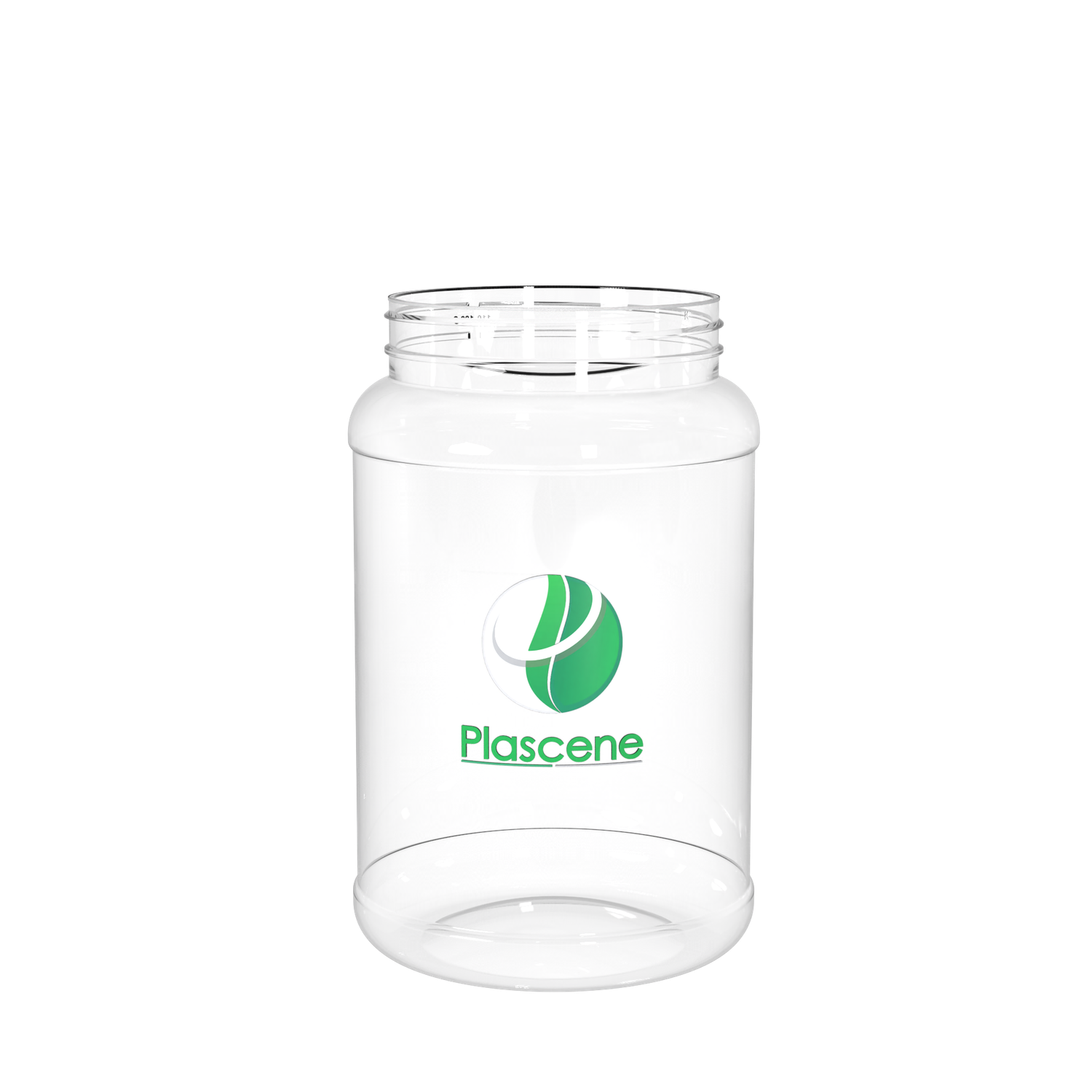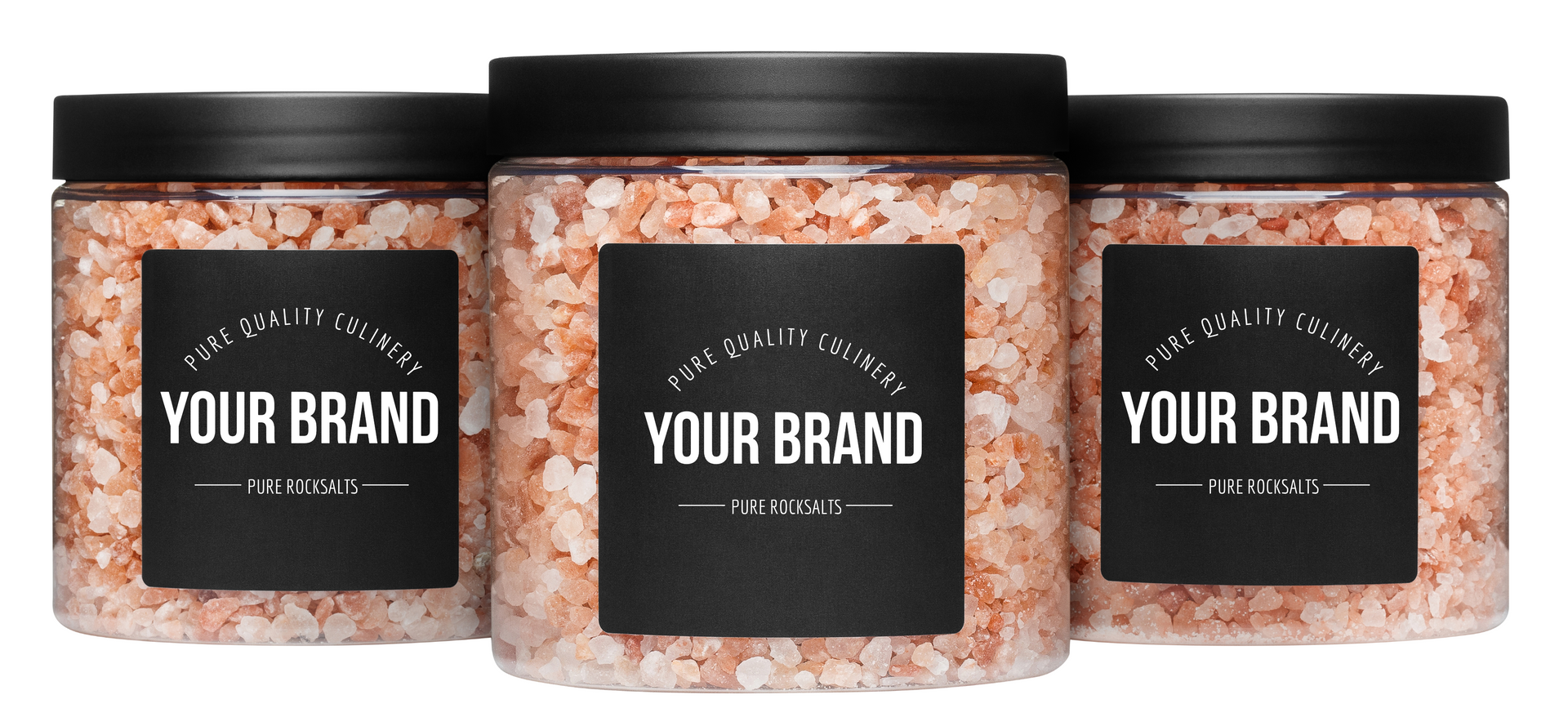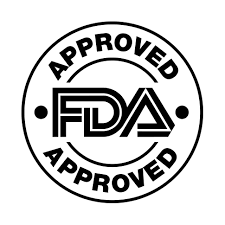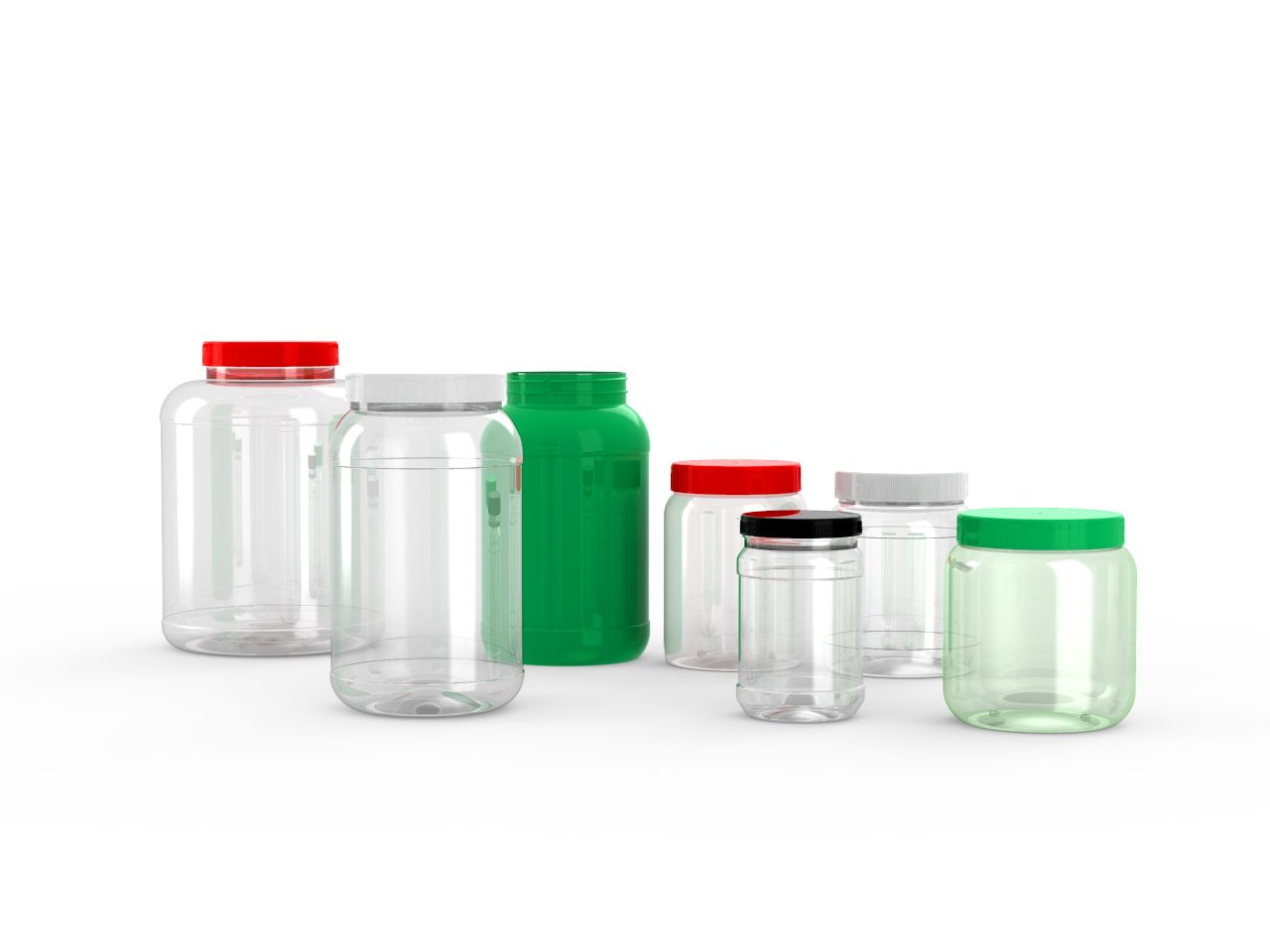Powering Up Sustainability for Protein Powders in Sports and Nutrition
Choosing the Right Packaging to Power-Up Your Protein Powders 👊🏼

Sports and nutrition, protein powders have emerged as a cornerstone for athletes and health enthusiasts alike. Whether you're looking to build muscle, aid recovery, or simply supplement your diet, the market for protein powders has exploded with options catering to various dietary preferences and fitness goals. However, as we prioritize our health, we must also consider the environmental impact of the products we consume. Enter sustainability, a vital component in shaping the future of protein powder consumption.
The Protein Powder Landscape & Popular Choices
Protein powders come in an array of formulations, each tailored to different needs and preferences.
Among the most popular choices are:
Whey Protein
Derived from milk, whey protein is renowned for its quick absorption and high concentration of essential amino acids, making it a favorite among athletes for muscle recovery.
Plant-Based Proteins
With the rise of plant-based diets, protein powders sourced from peas, rice, hemp, and other plants have gained traction. These options provide an excellent alternative for individuals with dairy allergies or those following vegan lifestyles.
Casein Protein
Similar to whey, casein protein is derived from milk but is absorbed more slowly by the body. This makes it ideal for sustaining muscle protein synthesis over an extended period, such as overnight or between meals.
Soy Protein
Another popular plant-based option, soy protein is a complete protein source, containing all essential amino acids. It's particularly favored by vegetarians and vegans for its muscle-building properties.
Sustainability in Packaging - PET and rPET Solutions
While the focus on the sustainability of protein powders often centers on their ingredients, packaging plays an equally crucial role in reducing environmental impact. Polyethylene terephthalate (PET) and recycled PET (rPET) packaging solutions offer significant benefits in this regard.
Virgin PET Packaging
PET is a lightweight, durable, and highly recyclable material commonly used for packaging various consumer goods, including protein powders. Its versatility and ability to maintain product freshness make it a popular choice among buyers, PET as well as rPET are ideal packaging for HPP and cold compress filling due to the materials durability.
rPET Packaging ♻️
Recycled PET, or rPET, takes sustainability a step further by utilizing post-consumer recycled content. By incorporating recycled materials into packaging, companies can reduce their reliance on virgin plastics, thereby decreasing the demand for new resources and minimizing waste sent to landfills. Using rPET may be a good choice in packaging, especially for brands who's target demographic are those consuming or promoting the use of plant based ingredients
Benefits of PET and rPET Packaging for Protein Powders
Environmental Impact
PET and rPET packaging have a significantly lower carbon footprint compared to traditional packaging materials like single-use plastics. By choosing these options, consumers can contribute to reducing greenhouse gas emissions and conserving natural resources.
Recyclability
Both PET and rPET packaging are widely accepted in recycling programs, making it easier for consumers to dispose of them responsibly. By recycling these materials, the lifecycle of the packaging can be extended, further reducing environmental impact.
Product Protection
PET packaging provides excellent barrier properties, protecting protein powders from moisture, oxygen, and light exposure, which can degrade the quality of the product over time. This ensures that consumers receive a high-quality product with minimal spoilage.
Brand Image
As sustainability becomes increasingly important to consumers, brands that prioritize eco-friendly packaging can enhance their reputation and appeal to environmentally conscious consumers. PET and rPET packaging demonstrate a commitment to sustainability, aligning with the values of many modern consumers.
In the quest for optimal health and performance, sustainability should not be overlooked. By choosing protein powders packaged in PET and rPET materials, consumers can enjoy the benefits of high-quality nutrition while minimizing their environmental footprint. As the demand for sustainable products continues to grow, manufacturers and consumers alike play a crucial role in driving positive change towards a more sustainable future. Consumers of protein powders consider not only what's inside the package but also the impact of the packaging itself on the planet, using rPET or recycled plastic within packaging for the sports and nutrition industry is a trend that will increase as states continue to mandate the use of post consumer materials for packaging.
Protein Powders - Further Reading
https://www.foodunfolded.com/article/sustainable-protein-powders-whey-vs-plant-based

